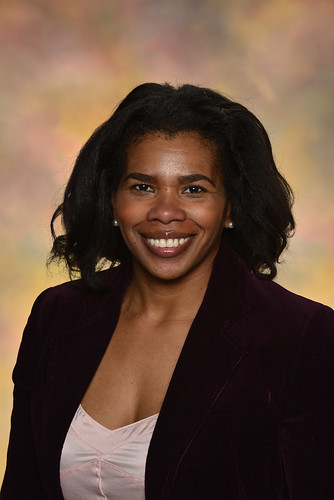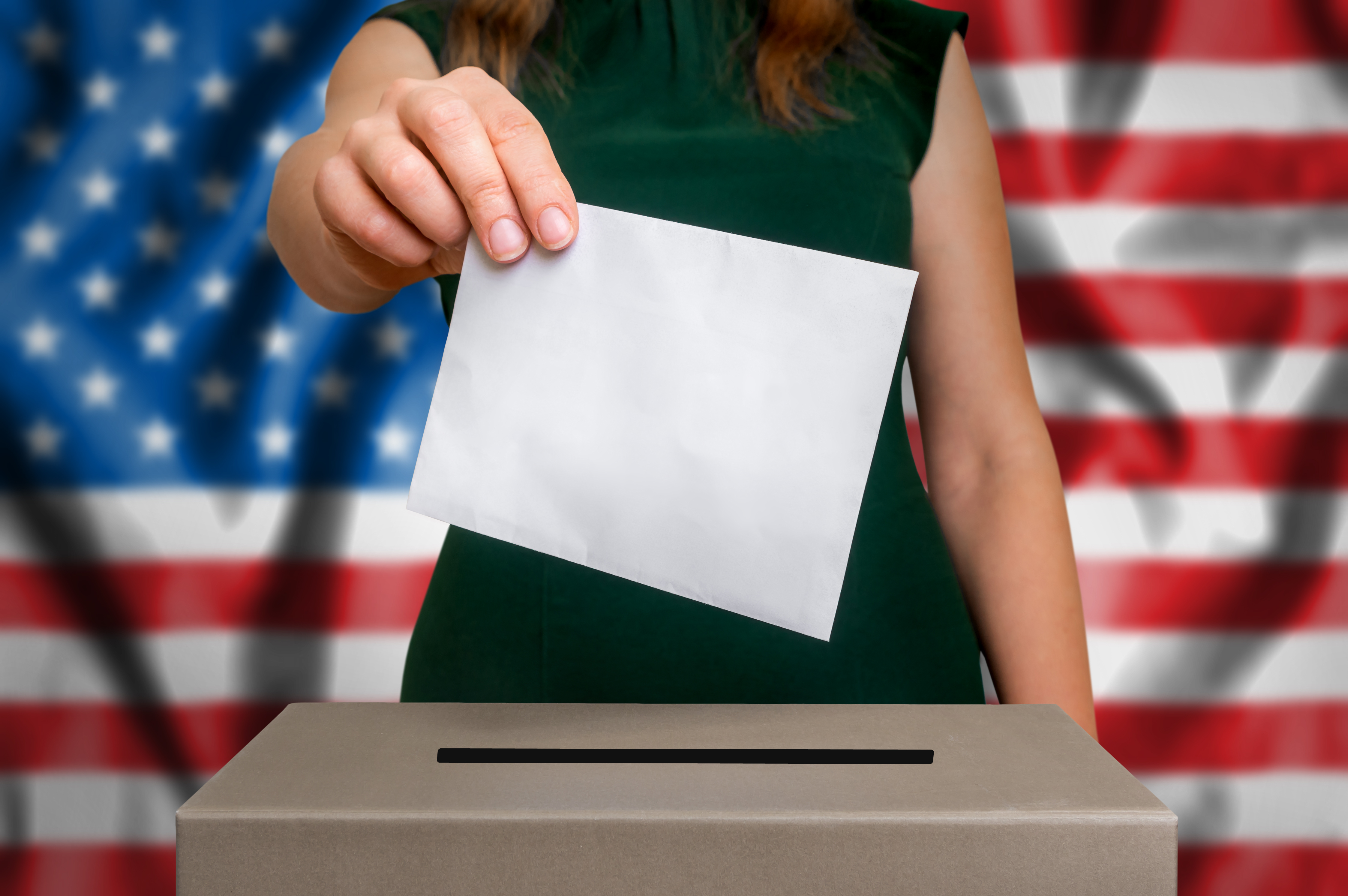Auburn University assistant professor comments on how COVID-19 is impacting elections and could continue to do so
Article body
Amid the global outbreak of COVID-19, Bridgett A. King, an assistant professor and director of the Master of Public Administration Program at Auburn University, offers her thoughts below about how the coronavirus is already impacting primary elections around the country and how many are in a holding pattern as to further voter options and resources.
King teaches graduate and undergraduate courses in state institutions and policy, public policy and diversity in public administration. Her research focuses on political participation, voter disenfranchisement and citizen perceptions of the electoral system. Formerly a voting rights researcher in the Democracy Program at the Brennan Center for Justice at New York University, she contributes regularly to the Election Center Certified Election/Registration Administration Program, or CERA.
How is the current situation involving COVID-19 already impacting this year’s elections?
Well, we have seen states postpone their primaries, which does not usually happen. If the rules about gathering in large numbers remain, the DNC (Democratic National Committee) will not be able to have a formal convention and will have to use an alternative process. States are considering ways to deliver upcoming primaries, other elections, and the election in November in ways that allow voters and poll workers to avoid extensive contact. Unlike many focusing events, natural disasters, for example, there is an event, which is followed by recovery efforts. The situation with COVID-19 is ever-evolving. That, coupled with variations in administrative authority, resources, and legal requirements across the states at present, makes it challenging to state what the specific future impacts and varied remedies across states might be.
What are the ramifications of several states having their primaries postponed?
One is that people won’t participate, which has consequences that go beyond the November election. In Georgia, for example, the Presidential Preference Primary was postponed until May 19. This election now will coincide with other elections, including the General Primary and Special Election. If voters feel there is no need to participate in the Presidential Preference Primary because of how late in the year it is, that also means they would potentially miss voting in those other elections as well. Related, I think that so many changes made close to the actual Election Day are confusing for voters and may impact the trust they have in democratic processes and election administration more broadly.
Amid some state lockdowns and possibly more to come, what can be done to ensure eligible voters will be able to cast a ballot in the nation’s remaining primaries?
One idea is an increased reliance on vote by mail for upcoming elections. It is important to note that in states that have all-mail elections, it took them years to create a smooth process. And years, if this gets worse, is not what we have. We also know from research that different segments of the population are more inclined to use the various methods of casting a ballot. Individuals who are white and older prefer to use vote by mail, where Black and Hispanic voters prefer to vote in person. An increased shift to all-mail elections, without in-person options, could then dramatically change the demographics of the electorate. But if we do go to vote by mail and want to ensure that even those who prefer to vote in person, trust the process, it’s going to require an extensive voter information campaign, potential changes to who can qualify for an absentee ballot in states that require an excuse, investments in technology that allow voters to track the ballot in every stage of the process, more machines to scan the ballots, ballots in multiple languages in some jurisdictions, envelopes for the ballots, coordination with the postal service, etc. Any solution that alters what voters are accustomed to is going to require a considerable investment, whether it’s vote by mail or something else. Regardless of what states and local jurisdictions do, it is going to be important that voters rely on trusted sources for information, the local election office or the state.
What have you seen election administrators thinking about/doing to prepare should the outbreak get even worse?
Honestly, I think right now most jurisdictions are in a bit of a holding pattern waiting to see what legislative bodies and administrative authorities put forth as options for voters and resources for election administrators should the spread get worse, to the point that we are not able to leave our homes into November. Their ability to prepare in terms of logistics depends on the policies that govern upcoming elections. The more time and resources that legislative bodies and administrative authorities provide local election administrators to prepare, the more likely they will be able to facilitate a successful election.
If current circumstances continue or get worse, is there any possibility this could ultimately affect the November 3 presidential election?
I guess that depends on what you mean. If you mean in terms of turnout and there are not policies and procedures in place to ensure that voters have options to cast a ballot that they trust and we are on lockdown, unable to leave our homes, turnout would be negatively impacted. If you mean in terms of the date of the election, Congress would have to change the date as they have the authority to set a date for presidential elections. Right now, I sense that the focus is on ensuring the November election can and does happen.
Auburn University is a nationally ranked land grant institution recognized for its commitment to world-class scholarship, interdisciplinary research with an elite, top-tier Carnegie R1 classification, life-changing outreach with Carnegie’s Community Engagement designation and an undergraduate education experience second to none. Auburn is home to more than 30,000 students, and its faculty and research partners collaborate to develop and deliver meaningful scholarship, science and technology-based advancements that meet pressing regional, national and global needs. Auburn’s commitment to active student engagement, professional success and public/private partnership drives a growing reputation for outreach and extension that delivers broad economic, health and societal impact.






